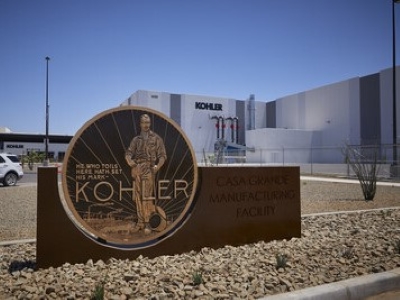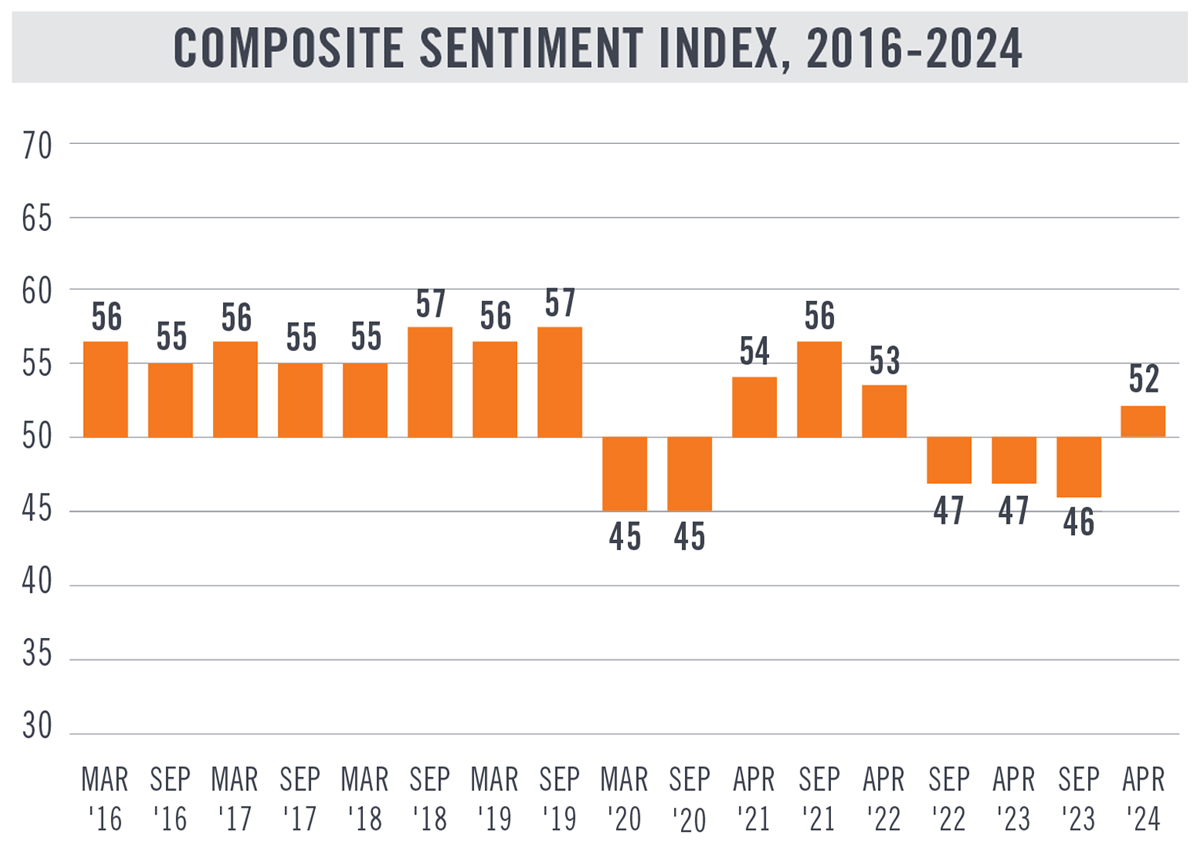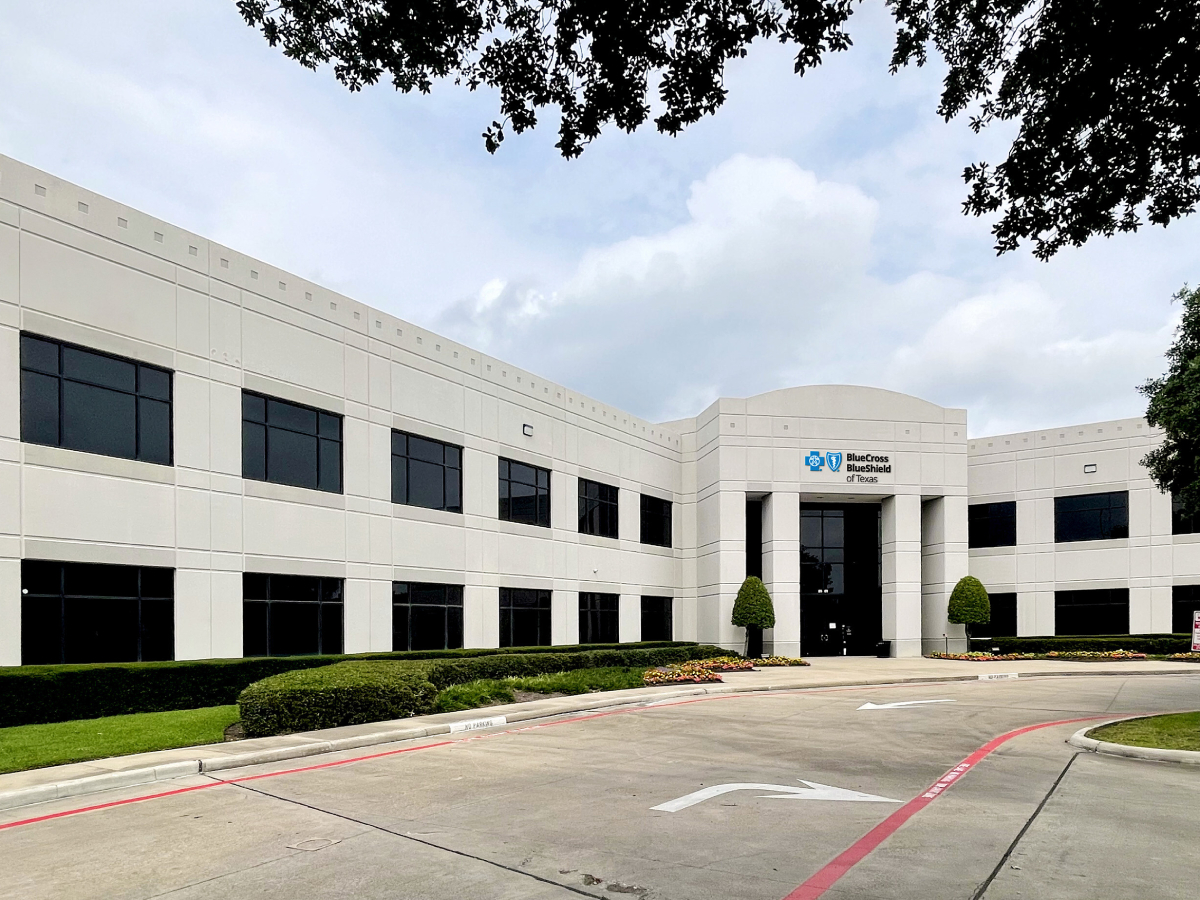Simon Offers $2.5B to Match Brookfield Bid for General Growth
In a continuation of the bidding war for bankrupt retail REIT General Growth Properties, Simon Property Group, Inc. on Thursday sent a letter offering to invest $2.5 billion in a General Growth reorganization at the same per share price as the reorganization plan proposed by Brookfield Asset Management.
April 14, 2010
By Allison Landa, News Editor
In a continuation of the bidding war for bankrupt retail REIT General Growth Properties, Simon Property Group, Inc. on Thursday sent a letter offering to invest $2.5 billion in a General Growth reorganization at the same per share price as the reorganization plan proposed by Brookfield Asset Management.
The letter asserted that the offer was more favorable to General Growth and its equityholders. It proposes that Simon would acquire 250 million shares of common General Growth stock for $2.5 billion in the aggregate – the same amount Brookfield would acquire – at the same price. The proposal also includes a $1 billion co-investment commitment by Paulson & Co.
“Simon would also backstop the GGO rights offering as contemplated in the Brookfield sponsored recapitalization, and would otherwise enter into agreements on the same basis as Brookfield with respect to the recapitalization of GGP and the spinoff of GGO,” Simon chairman and CEO David Simon wrote in a letter to General Growth CEO Adam Metz, referring to a proposed second distressed-asset category.
The company asserts that its proposal is more favorable to GGP and its equityholders because it would eliminate what the company calls “the highly dilute warrants” that General Growth proposes to issue to Brookfield and bidding partners Pershing Square and Fairholme Capital.
Simon also said in the letter that the company would not receive any warrants or similar payment or fees with regard to its commitment to invest in General Growth, either on an interim basis or as part of the post-reorganization consideration that would be issued to Simon.
“GGP equityholders would accordingly not suffer the dilution contemplated by the Brookfield investment, and their ongoing interest in GGP would be substantially more valuable,” Simon wrote, estimating that the benefit could be as much as $895 million, or $2.75 per share based on the current share count.
Simon said that the company would “welcome” Pershing Square and Fairholme as co-investors should they forego the Brookfield agreement. However, he added, the $1 billion Paulson & Co. commitment means that others are willing to work with them as well. Simon pledged to fully backstop the entire amount of co-investment commitments along with an additional $125 million in GGO.
“However, it is not Simon’s intent to gain control of GGP pursuant to this backstop obligation,” he wrote. “Simon would agree not only to seek the disposition of any shares issued with respect to its backup commitment as promptly as possible, but also to the effective sterilization of such interest for voting and control purposes prior to such disposition.”
Simon’s voting interest in GGP would be generally limited to 20 percent of the outstanding shares, he said.
With an equity market capitalization in excess of $27 billion, $3.5 billion of available cash on its balance sheet, and $3.3 billion of available borrowing capacity under its revolving credit, Simon is in the position to offer a no-financing, contingency-free proposal. In the letter, Simon compared this situation to Brookfield, which “does not seem to have yet delivered an equity commitment to the shell subsidiary which GGP contracted and seems to be entirely free to walk away from the agreed deal.”
Simon concluded by stating that the terms of the company’s commitment are competitive with Brookfield’s. “If you are interested,” he wrote, “we remain prepared to discuss with you instead an acquisition of GGP in a fully-financed transaction.”








You must be logged in to post a comment.